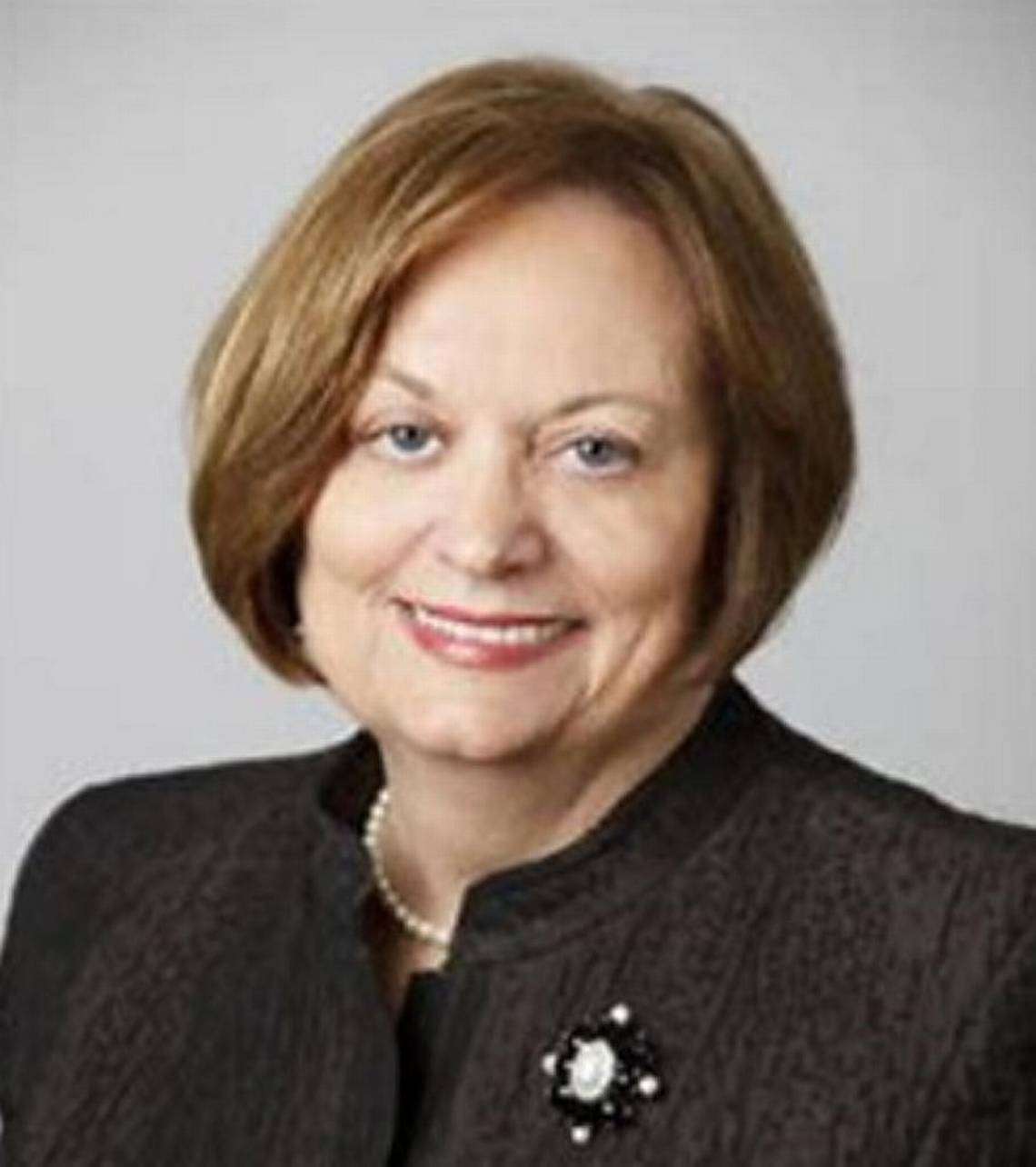
Currently proposed legislation for at-risk public school students is an ill-considered mistake. At this writing, part of a bill moving through the Kansas House, if passed in its present form, would set poor precedents for school choice and is fraught with unintended consequences.
The existing law allows low-income K-12 students, who are designated at high risk by their schools and attend the 100 lowest performing schools, to receive as much as $8,000 in state scholarships for private schooling. The funds are made possible through tax credits.
The proposed bill increases the number of scholarship recipients by allowing qualifying students in any school to receive scholarship funding. In addition, it assigns the approximate per pupil $4,500 per year of base state funding to “individual savings accounts” and allows these students to draw down their funds yearly to use for private school tuition and other educational needs. Since about 50 percent of Kansas students receive free or reduced fee lunches, this could result in a major decrease in current school funding.
However well intended, the bill is quite disturbing on multiple levels.
First. The bill has been sold to the public as a victory for school choice that has been denied Kansas families and their children. While most can agree that “choice” is good, the lack of school choice in Kansas is a misnomer leading to inaccurate beliefs.
Depending on the school district, parents have many choices within the public school system among them—home schooling, remote learning, traditional schools and charter schools. Parents also may pay out-of-pocket and send their children to private schools.
Second. Any tax credit at the state level draws resources away from the general fund. Even though the tax credit is capped currently at $10 million, in a COVID induced contracting economy, do we really want to pull any tax dollars away from the general fund? The real benefit of tax credit scholarships goes to wealthy individuals, who may claim their scholarship donation as a state tax write-off, not middle- and lower-earning Kansans, who, by virtue of their income level, cannot benefit from such tax-avoidance opportunities.
Third. Kansas State Treasurer Lynn Rogers has written that the tax credit part of the bill alone would likely cost the state more than $12 million per year to administer. In the current economy, do we really want more burden on taxpayers?
Fourth. Kansas has many private secular and religious schools that provide strong learning environments, but the current bill opens the door to misuse of state funds. The tax credit part of the bill requires private schools to be accredited, yet even though these schools meet initial accreditation standards, they are not prevented from having selective admissions. Neither are private schools monitored regularly, as public schools are, to ensure that they continue to maintain on-going, high-quality standards. The education savings account part of the bill allows state funds to be used at non-accredited private schools that are not regulated by the Kansas State Department of Education.
In its current state, this legislation is bad for Kansas. Its faults are so numerous, onerous and down-right indefensible that major revisions probably cannot repair it. Our legislators need to t step back and give more thought to fair and appropriate ways that the state can provide equitable educational opportunities to low income, low performing students.
Sharon Hartin Iorio is Dean Emerita Wichita State University College of Education.






